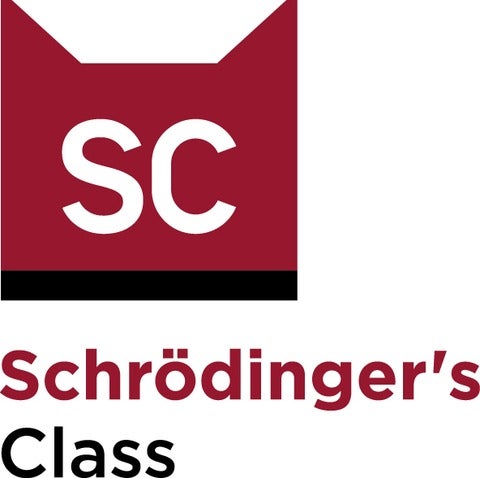New methods for studying positivity and non-additivity of quantum capacities
Seminar featuring Vikesh Siddhu
A long standing issue in quantum information theory is to understand the quantum capacity. One main reason for our lack of understanding is the non-additivity of the one-shot quantum capacity. Another reason is the absence of clarity about noisy quantum channels that have positive quantum capacity.
